News 9/27/12
Parents are 50 percent more likely to fill their children’s medication prescriptions when doctors send the orders electronically to pharmacies.
Physicians are working six percent fewer hours than they did in 2008 and seeing almost 17 percent fewer patients. More than half the physicians participating in a Physicians Foundation survey plan to take additional steps to reduce patient access to their services over the next one to three years. Doctors also report spending 22 percent of their time on non-clinical paperwork.
4medica releases OfficeSuite, a cloud-based EHR with integrated practice management.
Amae Plastic Surgery Center (MI) implements eClinicalWorks EMR.
I’ll be heading to San Antonio in less than a month for the MGMA 2012 Annual Conference. I’ve already penciled in a half dozen sessions I’d like to hit and considering what product demonstrations to squeeze in. If you have any session and exhibitor suggestions, send me your picks. Attendees will also want to look for our annual Must See Vendor List that we’ll publish the week of October 14. Meanwhile, MGMA is already accepting speaker applications for its 2013 event in San Diego.
MedCity News warns physicians to read end user license agreements before signing up for a “free” EMR. Providers should understand specifics on implementation, training, upgrades, support, and PHI security protocols, as well as any disclaimers related to liabilities and warranties.
Some common EMR implementation pitfalls that can alienate patients, courtesy of AMA News:
- Lack of infrastructure, especially inadequate hardware and network speed
- Lack of workflow assessment to ensure a good match between work flow and the selected EMR
- Inadequate training
- Failure to get employee buy-in
- Failure to communicate with patients about the transition
- Failure to figure out the role of the computer during the patient encounter.

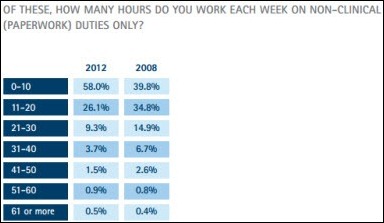
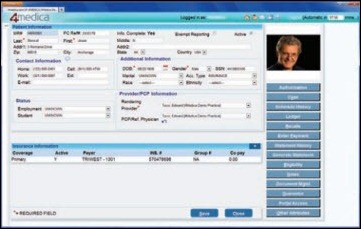
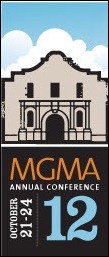
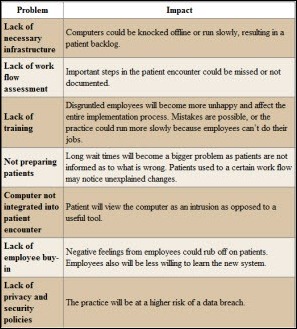

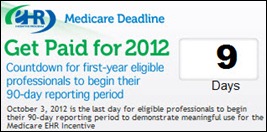
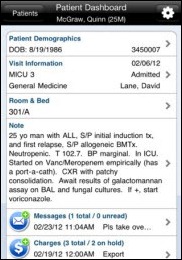
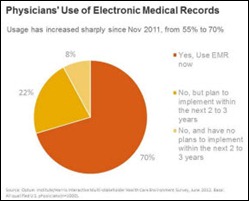
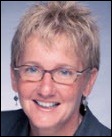
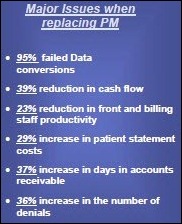
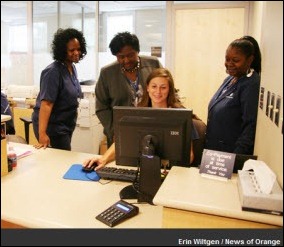







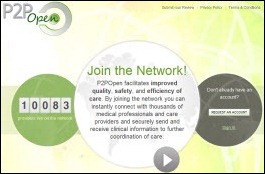
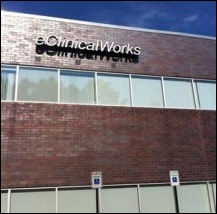

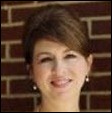


The article about Pediatric Associates in CA has a nugget with a potentially outsized impact: the implication that VFC vaccines…